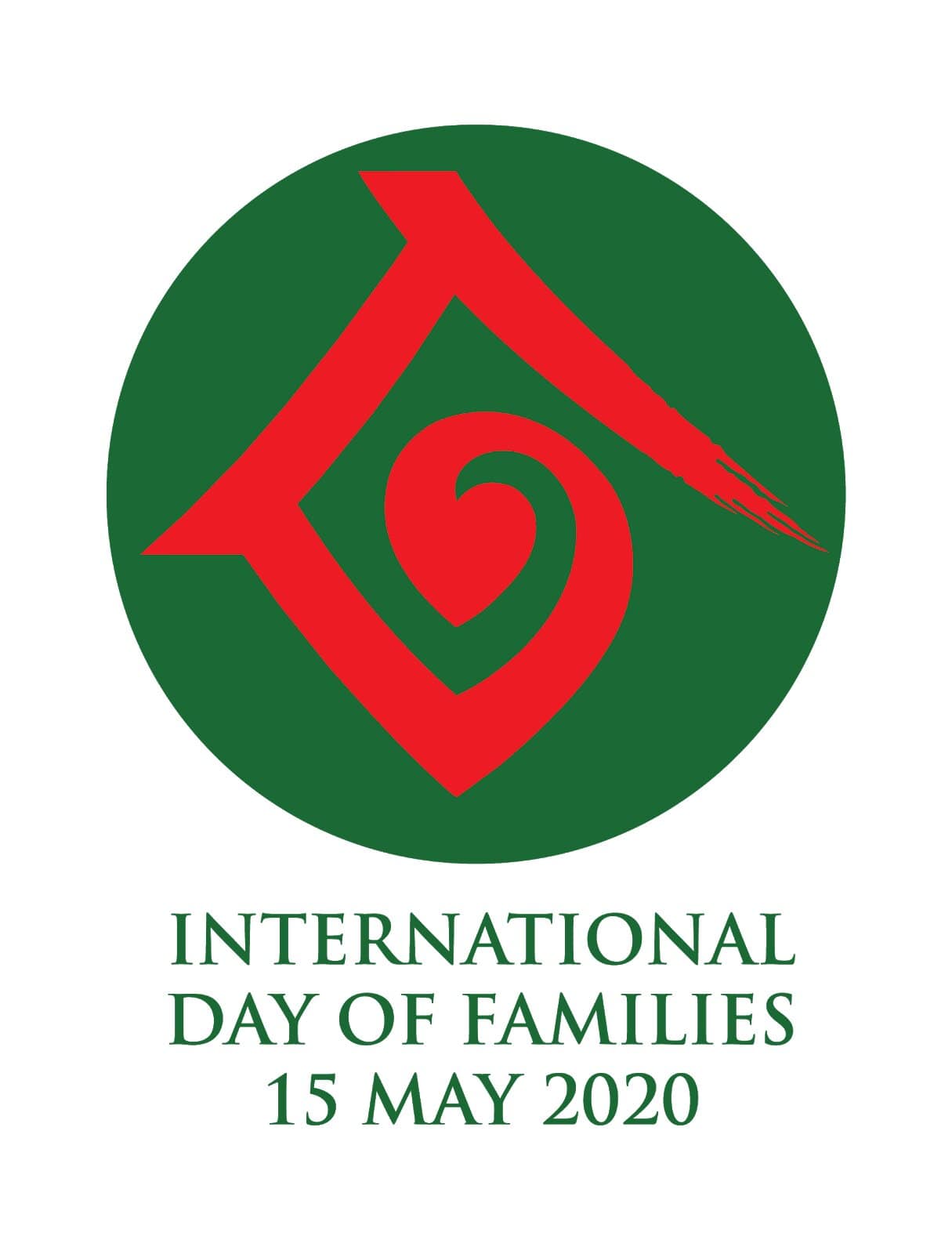International Day of Families | 16 May 2020
Why in News
- The International Day of Families is observed on 15 May every year.
Key Points
- In 1993, the United Nations General Assembly passed a resolution that 15 May of every year should be observed as the International Day of Families.
- Objectives: It provides an opportunity to promote awareness of issues relating to families and to increase the knowledge of the social, economic and demographic processes affecting families.
- Theme: The theme for 2020 is Families in Development: Copenhagen & Beijing+25.
- The theme changes every year depending on the developmental endeavours ahead of the organisations working towards the welfare of families.
- Steps to promote healthy families:
- Healthy familial bonds are some of the greatest boons that parents and elders in the family can pass on their children and family youngsters.
- A nurturing environment promoted with love and care helps the children grow up into well-balanced, happy adults.
- Communication, quality time, appreciation, respect are some of the essentials towards building a strong and supportive family.
Copenhagen & Beijing+25
- Copenhagen & Beijing+25 signifies the World Conferences on Women (WCW) organised by the United Nations.
- The United Nations has organized four world conferences on women.
- These took place in Mexico City in 1975, Copenhagen in 1980, Nairobi in 1985 and Beijing in 1995.
- WCW, Copenhagen:
- Under this a Programme of Action called for stronger national measures to ensure women’s ownership and control of property, as well as improvements in protecting women’s rights to inheritance, child custody and nationality.
- WCW, Beijing:
- It marked a significant turning point for the global agenda for gender equality. The Beijing Declaration was adopted unanimously by the UN at the end of the 4th WCW.
- 2020 marks the 25th anniversary of the 4th World Conference on Women (WCW) and adoption of the Beijing Declaration and Platform for Action (1995). Hence, it is referred to as Beijing + 25.
